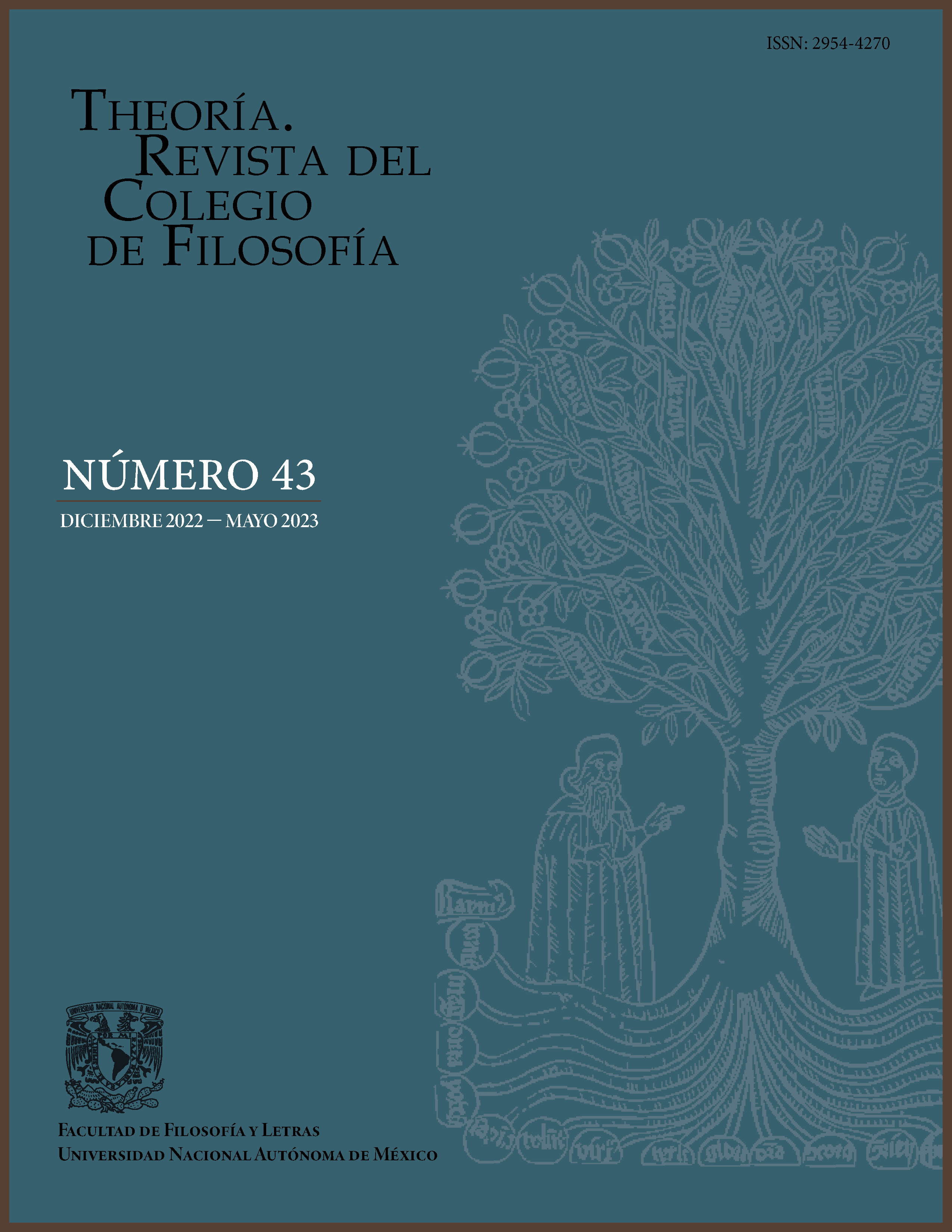The Aporia of Being in Aristotle: Language, Reality and Truth
Main Article Content
Abstract
Refuting sophist relativism (Protagoras' homo mensura) is one of the most urgent tasks proposed by Aristotle's philosophy. Accepting its validity would erase the distinction between good and evil, true and false, reality and fiction, being and not-being. Sophist relativism, by rejecting the essential unity of being and disseminating its significance to infinity, prevents the possibility of true and fair and knowledge about reality, promoting an alarming "anything goes". To refute it, Aristotle demonstrates that being (the real) possesses in itself an essential substance (ousíā) that gives it ontological stability outside of all socio-historical contingency. The ousíā (essence), by fixing the identity of the being, guarantees the possibility of its univocal and unequivocal reference and, therefore, of knowledge and truth. Now, at the moment of accounting the ousíā as the foundation of the unity of being, Aristotle does nothing but open an aporia: the ousíā (essence) is said in many ways, there is an irreducible diversity in its significance. The diversity of meanings refers to a plurality of essences, which indicates, paradoxically, the impossibility of the full identity of the being, the impossibility of the unity and ontological stability of the real. The purpose of this article is to analyze that aporia of the being in Aristotle

